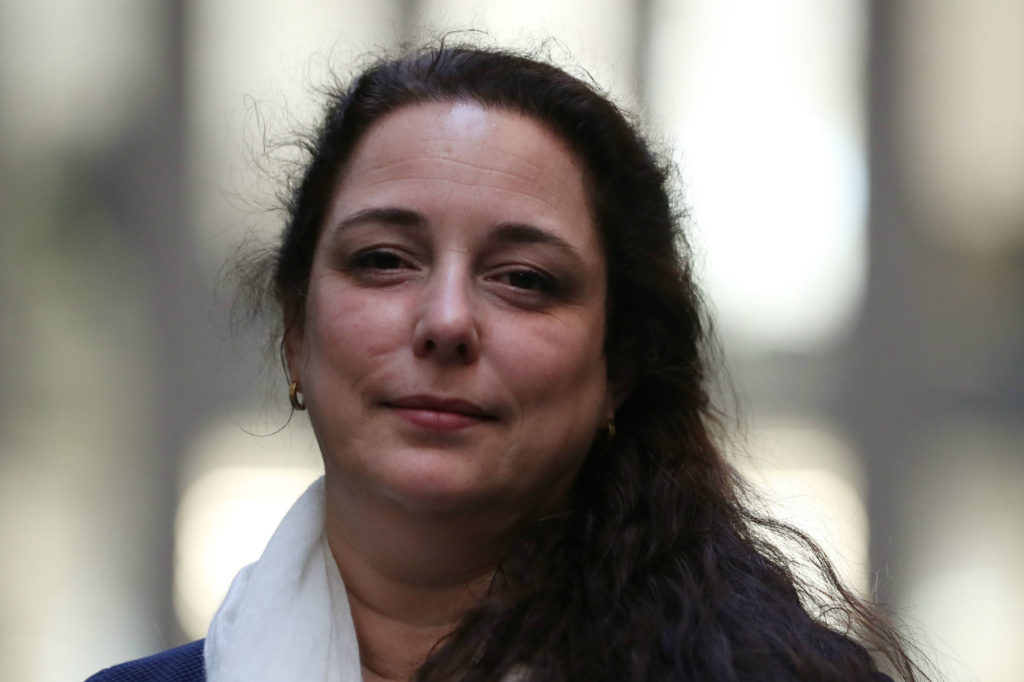Art & Exhibitions
An Exhibition by Cuban Artist Tania Bruguera, Delayed by Controversy, Opens in Chile With Considerable Alterations
"Magnitud 11.9" explores democracy and its fragility.

"Magnitud 11.9" explores democracy and its fragility.

Richard Whiddington

After a month-long delay, an exhibition that provoked controversy in Santiago, Chile, opened at the capital’s Salvador Allende Solidarity Museum (MSSA) on October 8 with considerable alterations.
This year marks the 50th anniversary of Augusto Pinochet’s coup d’état that resulted in the assassination of the country’s then-president Salvador Allende. As part of its programming to commemorate the event, MSSA invited Cuban artist and Harvard lecturer Tania Bruguera to host a solo exhibition.
“Magnitud 11.9” (a reference to Allende’s assassination date) uses research conducted by the artist in Chile over the past year and archival material to explore democracy and its fragility.
The show’s announcement in August, however, prompted an immediate backlash from those on the country’s political left, including members of Allende’s family, who criticized the artist’s stance against Cuba’s communist government. Bruguera has long centered her artistic practice on critiquing the authoritarian policies of the Cuban state. She left Cuba in 2021 to join Harvard’s media and performance department.
The grandson of the former president, Pablo Sepúlveda Allende, wrote to MSSA demanding the exhibition’s cancellation, launched a petition calling for a “repudiation of the Tania Bruguera exhibition,” and a lengthy post on X, formerly Twitter, explaining his position.
“We consider Tania Bruguera’s exhibition a serious affront and lacking in intellectual honesty,” Allende wrote on X. “The artist seeks to draw a parallel between the Chilean civil-military dictatorship of Pinochet with what she calls “the reality experienced by the people of Cuba”.
Other criticism arrived from a mayor of a Santiago commune, Daniel Jadue, and the political activist Víctor Hugo Robles, who wrote Bruguera was in Chile “promoting her counterrevolutionary work as an activist dressed as an artist paid by USA.”
In response, MSSA delayed the exhibition’s opening by a month, modified one of its key projects, and has now included the public criticism in the show.
MSSA’s director Claudia Zaldivar said that the exhibition had been approved by the museum’s administrators long in advance and told ArtNews that “this attempt at cancelling the show comes from a small group that considers Bruguera a dissident of the current Cuban government, transferring a local Cuban problem to Chile.”
“In this exhibition, we have tried to go beyond historical figures to review the institutional, legal and emotional instruments that can endanger democracy,” Bruguera said in a statement announcing the exhibition. “Memory, participation, injustice, corruption, and impunity are some of the topics discussed in the exhibition.”
More Trending Stories: